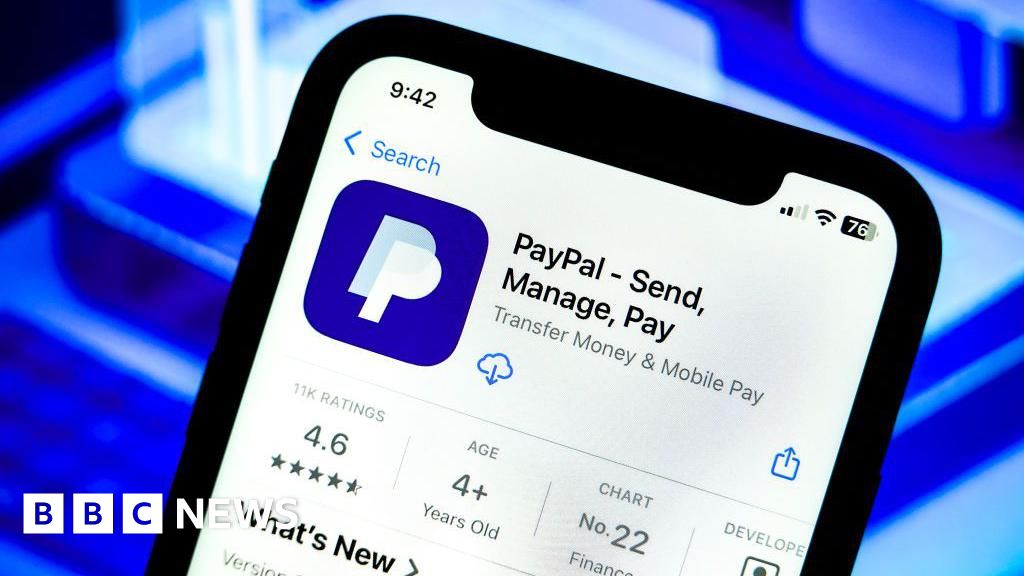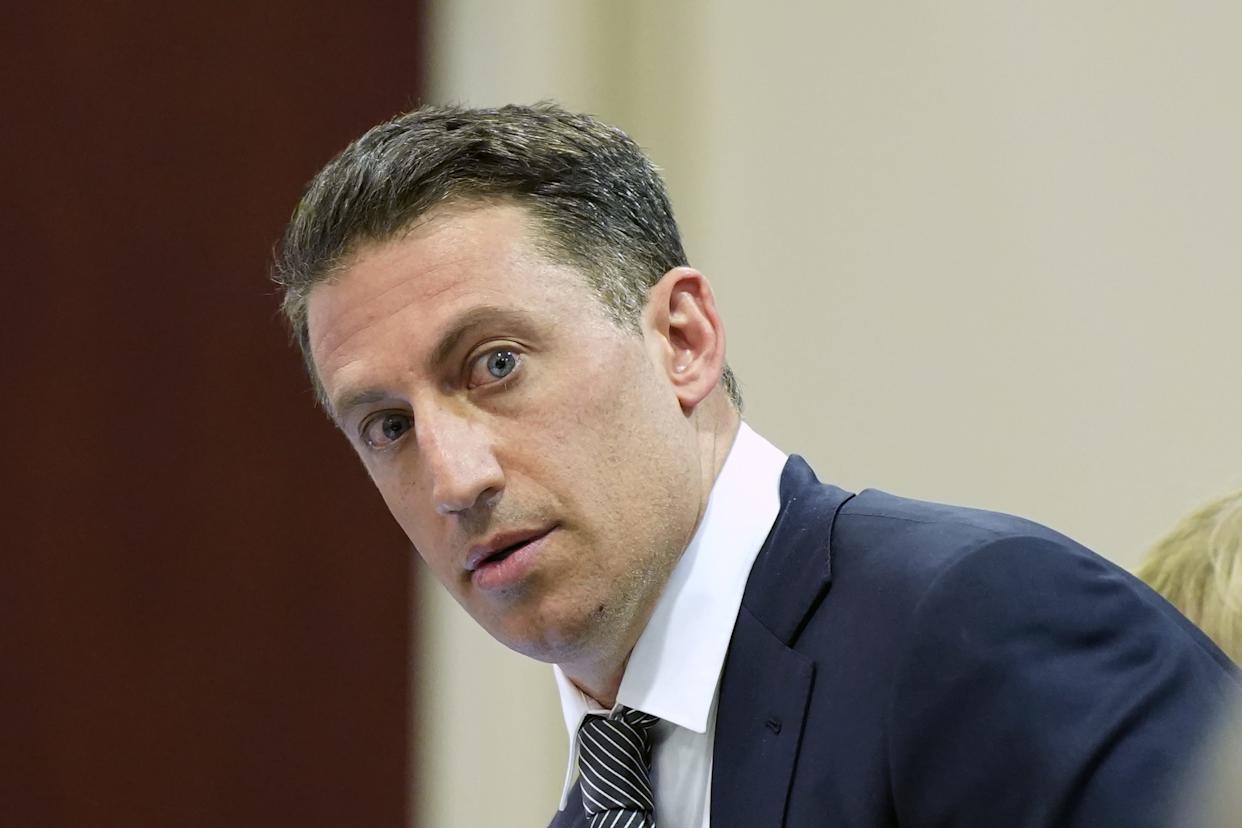European banks have seen widespread unauthorized direct debits from PayPal accounts, the German Savings Banks Association (DSGV) says.
The German newspaper Sueddeutsche Zeitung (SZ) reports that payments worth approximately 10 billion euros (£8.6bn) had to be blocked after PayPal's fraud-checking system failed.
Payments were paused on Monday when banks reported millions of suspicious direct debits from the payment firm.
The DSGV confirmed to the BBC there had been incidents involving unauthorized direct debits initiated by PayPal against various credit institutions.
The BBC has approached PayPal for comment.
In a statement, PayPal acknowledged that certain transactions from our banking partners and potentially their customers had been affected by a temporary service interruption.
They indicated that they have identified the cause and are working closely with banking partners to ensure all accounts are updated. The DSGV mentioned that PayPal has acknowledged the disruptions and assured that the problem has been resolved.
Payment transactions to and from PayPal have resumed normal operations, according to the DSGV.
These incidents significantly affected payment transactions across Europe, particularly in Germany.
The supervisory authorities have been informed of the issues occurring with PayPal.
PayPal aims to filter out scams before they can reach banks through their security system, particularly focusing on fake direct debits established by criminals.
According to SZ, the failure of PayPal's filter system on Monday led to unchecked direct debits being sent to banks alongside legitimate ones.





















